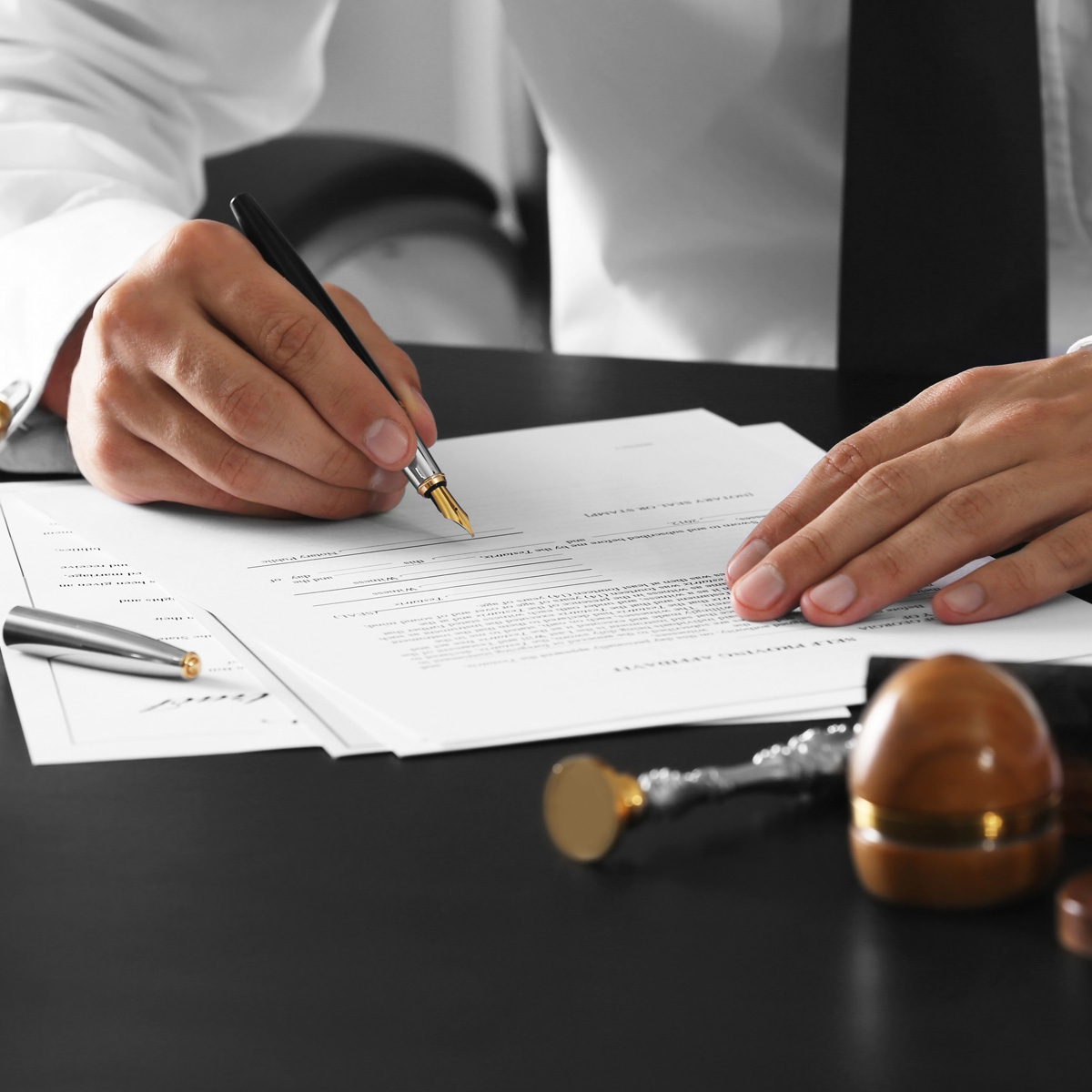
Many different types of paperwork and licenses require renewal at least once. However, each type tends to require different processes for renewal. Here are three facts about notary renewal.
1. Where To Begin
The notary renewal process begins with checking your notary expiration date. While this may vary by jurisdiction, you can generally begin the process about six months before the expiration date. Check with the commissioning authority in your jurisdiction for the specific information you need and the procedure you need to follow for that jurisdiction. If you think you need assistance in your renewal procedure, you can also ask the commissioning authority for information on various organizations you can access for assistance with finding training, application materials and other resources.
2. Renewal Process Variations
Depending on your jurisdiction, you may need to perform different renewal procedures or provide different records in order to be approved for renewal. Additionally, some states may require you to take one or more courses. For example, Florida notary renewal will likely differ in several ways from Pennsylvania notary renewal. Check your jurisdiction’s procedure to ensure you have everything you need, as some states may also require you to pay fees or purchase surety bonds or insurance.
3. Information To Update
Notary renewal requires various records and other types of information. You may need to renew it after a certain period of time, as you would a driver’s license or a passport, and you may also need to renew it after certain personal information changes. This information may include name changes, email changes and address changes. You will also need to fill out an application and get a new notary seal.
Like any other type of licensure, notary renewal requires a specific procedure to be done legally and correctly. Make sure you learn what needs to be done in order to get the proper renewal.



